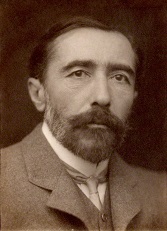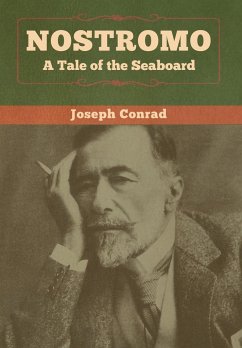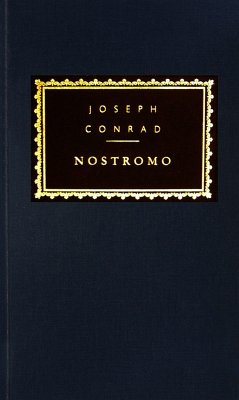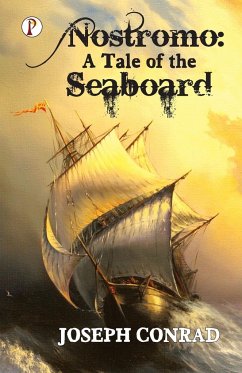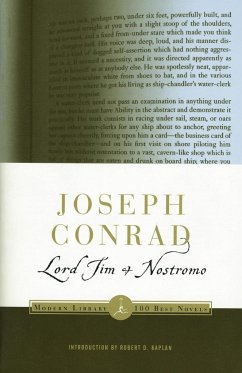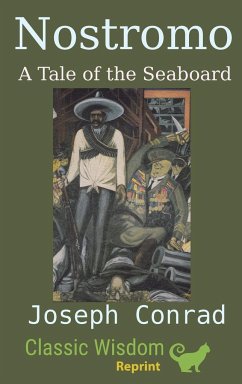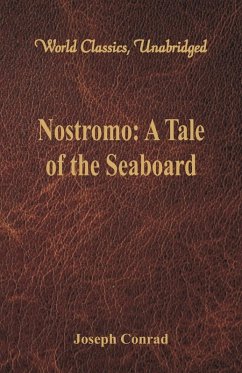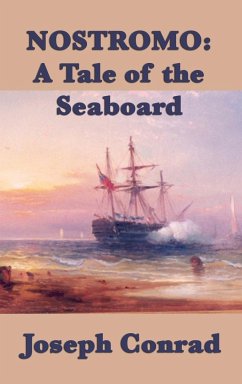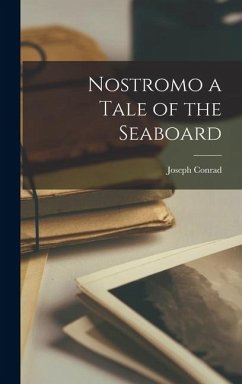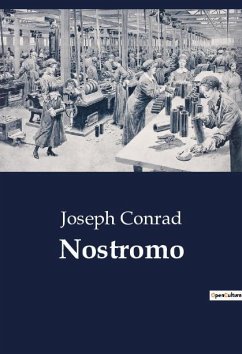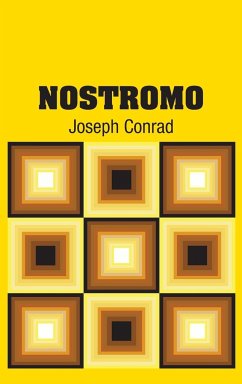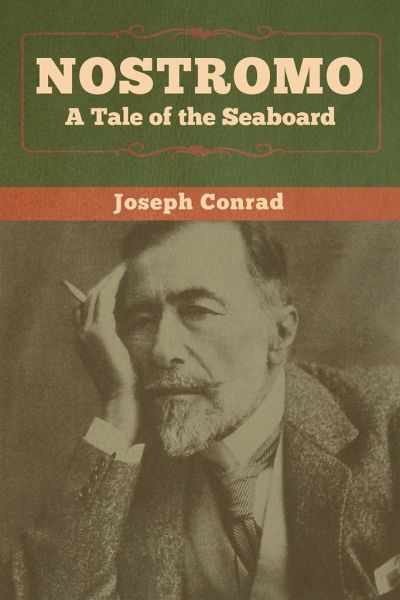
Nostromo
A Tale of the Seaboard
Versandkostenfrei!
Versandfertig in 1-2 Wochen
21,99 €
inkl. MwSt.

PAYBACK Punkte
11 °P sammeln!
Nostromo: A Tale of the Seaboard is a 1904 novel by Joseph Conrad, set in the fictitious South American republic of "Costaguana". It was originally published serially in two volumes of T.P.'s Weekly. In 1998, the Modern Library ranked Nostromo 47th on its list of the 100 best English-language novels of the 20th century. It is frequently regarded as amongst the best of Conrad's long fiction; F. Scott Fitzgerald once said, "I'd rather have written Nostromo than any other novel." (wikipedia.org)





